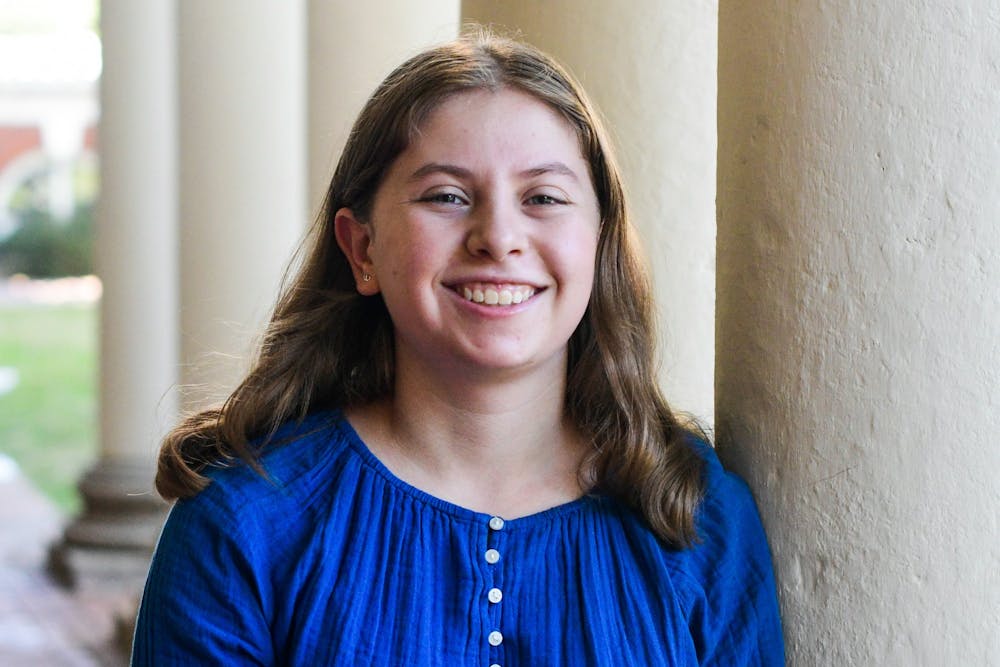I’ve always been used to learning from the basics, starting with the fundamentals and building upon that foundation. I’m used to having a scaled order to things, like when I first learned how to ski — I started with the “pizza” wedge stance on the bunny hill before I skied on challenging trails with moguls. Even if some learning takes place through textbook readings or videos, building skills over time has always helped me gain confidence. My summer internship immediately proved to be a huge deviation from what I was used to.
At the civil engineering company I’m interning with back home, I hardly ever get assigned to a project from its beginning — or if I do, I’m still so new to engineering that even the preliminary steps need a lot of explaining. Engineers with decades of experience provide some context on projects they’ve been working on for years, but most often I’m given little direction and a lot of room for trying things out. For some, that might sound great. For me, that sounds terrifying.
At school, understanding class content often feels attainable when we have professors guiding us, setting a pace for introducing concepts and mapping out the progression of learning for a set period of time. The beginning of the semester always sees us at the most simple level of class material that sets the framework for the remainder of the course. I’ve never jumped into a class only to start with Y before X.
But the workplace isn’t like that. There's no kickoff to the semester, no background being laid. You’re being exposed to every concept at the same time, learning simple and complex simultaneously. There’s no building up of difficulty, but rather a building up of practice and exposure to all levels of difficulty at once. Honestly, I was overwhelmed. I felt like I should already have the engineer’s knack, understanding how different concepts work after coworkers explained them to me once and visualizing 2D site plans in 3D. The sketches in front of me weren’t clicking right away, and that’s when my frustration set in. I had unrealistic expectations for myself, and seeing all of the budding and experienced engineers around me, it was hard to feel like I belonged in the room.
My mind was swirling with uncertainty and doubts, and finally — after many hours alone trying to make sense of my work — I pushed myself outside of my office and to others’ doors to ask questions. My worries about what my coworkers would think of me — my silly perception of having to meet nonexistent expectations — were quickly assuaged. I still didn’t understand everything, but as I began to ask questions on different projects, concepts started to make a little more sense.
No one understands everything the first or second time around, and no one expects you to. I initially felt intimidated to ask questions that I thought my coworkers would consider basic, but there is so much knowledge that they view as old hat — things they don't even think twice about with their level of experience — that is completely new to me.
Not only does asking these kinds of questions help me to start understanding bits and pieces, but it also provides some perspective for coworkers, opening their eyes to the fact that assumed knowledge for them is completely foreign to novices like me.
That’s why asking questions is crucial, and in the real world, this looks a lot different than in school. While there’s no set time to ask questions — like in office hours — I’ve found that people are generally willing — and happy — to help explain things to you. After sitting with work for a bit, taking some time to try to understand what I’m looking at, I take lists of questions I jot down and knock on doors to try to gain some clarity. Sitting with the work in front of me and letting questions accumulate has helped me narrow in on what to focus on in conversations with coworkers.
Although it may be difficult, it’s also important to admit when you don’t know or understand something. With only having taken first-year engineering gen-eds, I really came into this internship with not much background at all. There have, and will continue to be, times where coworkers refer to things I’ve never heard of before or skim over sketch plans that I need to stop them on because there are points of confusion. It’s okay to not know and understand all of the nuances, but asking about a few here and there helps to provide bits of clarity.
There are still many concepts that I don’t understand, and I won’t get them all. But looking at what I knew five weeks ago compared to what I know now, I can see the effect that asking questions has had on my experience in the office. This opportunity to see civil engineering in action has been incredibly rewarding, exposing me to the type of work civil engineers undertake regularly. Knocking on doors to ask about anything, from the small-scale of pipe profiles to the larger scale of understanding what the company does, has helped me grow as a prospective engineer.
Moving forward through the last half of my internship and beyond, being launched into work midstream, I know that I can understand more — little by little — by asking. As one coworker told me early on, you don’t know what you don’t know until you ask.







